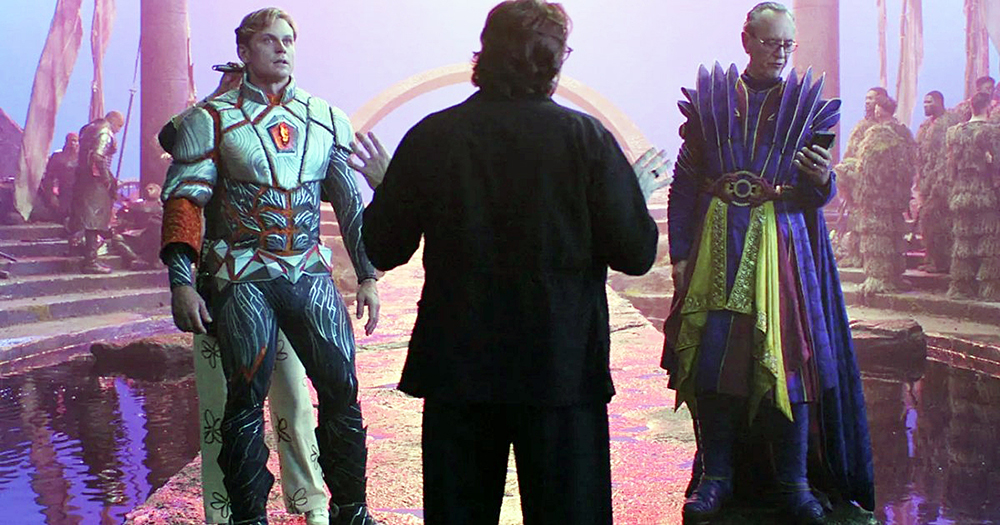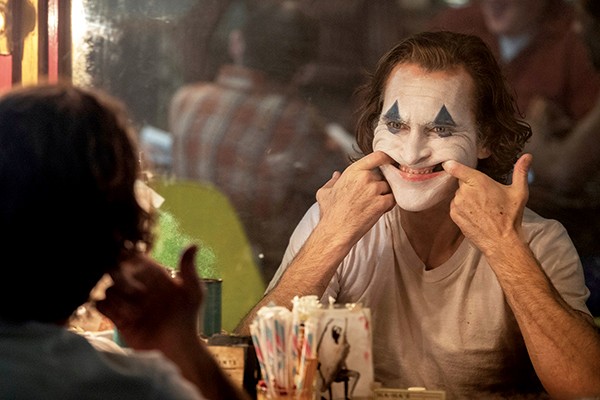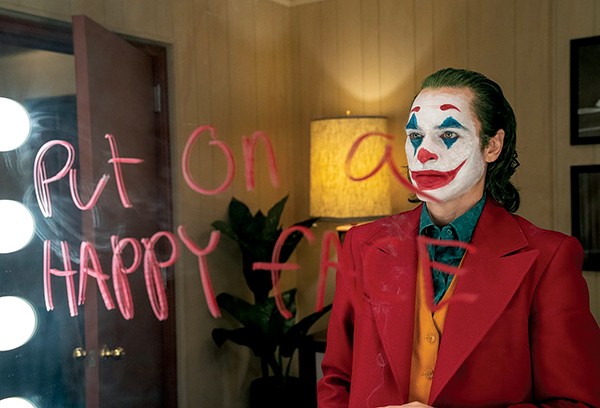The big news in film this week is the dramatic box office underperformance of Joker: Folie à Deux. Todd Phillips’ sequel to his 2019 mega-hit “only” made $40 million over its first three days of release in North America. But since this courtroom drama musical cost about $200 million to make, that’s a problem.
Maybe it’s time to ask why anyone would think it’s worth paying $200 million for a courtroom drama musical starring one of our greatest living actors, Joaquin Phoenix, as an evil clown, and Lady Gaga, an innovative pop star, as the evil clown’s psychiatrist/girlfriend/also evil clown. Surely these extraordinary talents could be put to better use, not to mention the thousands of other artists and craftspeople whose hard work went into making yet another picture based on Batman. But that’s exactly why this misfire was green-lit by Warner Brothers, when so many better, cheaper ideas are left to rot in the field: because it’s based on a superhero comic book.
For most of this century, comic adaptations have been popular with mass audiences. Some of the films have been good. Most of them have not. Several of them are among the worst movies ever made. But they all cost a fortune to produce. The mainline studios have put all of their eggs in one basket because, as the old Hollywood saying goes, lots of people have gotten fired for saying yes to a new idea, but no one ever got fired for saying no. The studios’ extreme risk aversion has resulted in an avalanche of same-y products aimed at a deeply jaded audience.
Ironically, the new HBO Max series The Franchise was also green-lit because it’s about superheroes. But The Franchise comes not to praise flying men in tights, but to bury them. This is not the first time someone has trained a satirical lens on the superhero plague; The Boys has been going strong for four seasons over at Amazon. But Veep creator Jon Brown’s series is the first deep dive into the deeply dysfunctional environment at the studios where the product is extruded.
The Franchise’s first episode, “Scene 31 A: Tecto Meets Eye,” is the tightest comedy pilot I’ve seen in recent memory. There are some heavy hitters involved, like Sam Mendes, director of two James Bond films. Like his stunning 1917, Mendes leads off with a series of sweeping long takes. We follow Dag (Lolly Adefope) as she arrives for her first day on the set of Tecto, the latest big budget studio picture starring Adam (Billy Magnussen) as “The Earthquake Guy.” She reports to Daniel (Himesh Patel), the first assistant director. Putting an AD at the center of the story is a good move. Like the Army is run by sergeants, film sets are run by the ADs — even though no one involved would ever admit it. Daniel says his job is to “… keep the actors from killing each other, or themselves, and everything else.”
This means Daniel knows where all the bodies are buried. “You could run a children’s hospital on all the waste,” he muses. That’s why, when the studio head Pat “The Toy Man” Shannon (Darren Goldstein) pays an unexpected set visit, he corners Daniel in the bathroom to give him the skinny on how director Eric (Daniel Brühl) is doing. “I want to crack open your head and feed on the juice,” says Pat.
Eric is a familiar figure to anyone who reads Variety. His debut film The Unlikening is a low-budget masterpiece which won the Golden Leopard at Locarno. This is his opportunity to break into the world of eight-figure paydays. But to The Toy Man, Eric is a semi-disposable rage sink who is mostly there to be blamed in case of a $40 million opening weekend. With 83 days to go in the shoot, Eric is beginning to understand how screwed he is. Everyone around him is either a sycophant, like Steph (Jessica Hynes) the script supervisor, or a social climber like Anita (Aya Cash), the new producer Pat’s putting in charge of the flailing production.
The cast is already purring like a well-oiled machine, with Richard E. Grant a highlight as the aging Shakespearian actor whose transphobic jokes make him a ticking PR time bomb. The writing is sharp, with a keen eye toward the interpersonal power dynamics and an ear for sneaky one-liners, like when Eric tells Adam to walk “like a panther on its way to a job interview.” Sure, The Franchise is inside baseball, but it’s also a lot of fun.
New episodes of The Franchise stream Sundays on HBO Max.


